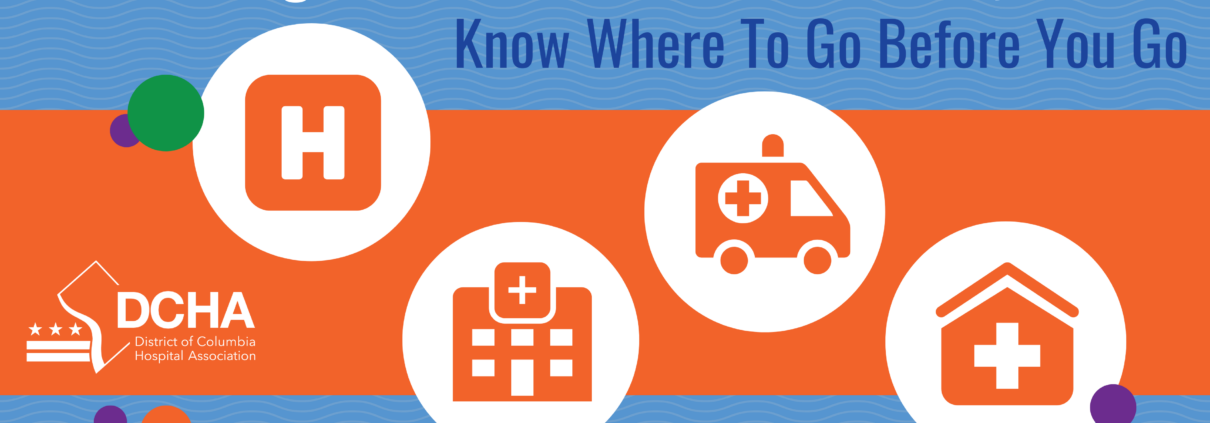
De DCHA Program Services Company, Inc, de non-profit tak van de District of Columbia Hospital Association, heeft de tweede winnaar van de Healthy Hospital Initiative Cooking Competition toegekend, waarbij uitzonderlijke teams en individuen worden erkend voor hun beste gezonde gerechten.
"We zijn zo blij om individuen en teams te erkennen en te vieren voor hun werk om ziekenhuisvoedsel gezond en lekker te maken voor patiënten, personeel en de gemeenschap", aldus DCHA President & CEO Jacqueline D. Bowens, "Deze ziekenhuizen en chef-koks maakten verrukkelijke gerechten bewijzen dat gezondheid mogelijk is, of je nu kookt voor één of 100.”

De Healthy Hospital Initiative Cooking Competition Awards 2022 werden uitgereikt aan de volgende ziekenhuizen en individuen:
Psychiatrisch Instituut van Washington: algemene winnaar
Psychiatric Institute of Washington: beste bijgerecht
Het George Washington University Hospital: Beste Entrée
MedStar National Rehabilitation Hospital: beste dessert
Alle gerechten gebruikten bosbessen, het geheime ingrediënt, om hun gerechten uniek, creatief en heerlijk te maken. De winnaars kregen trofeeën en, belangrijker nog, ze mogen opscheppen over welk ziekenhuis het lekkerste eten heeft.
Het Healthy Hospital Initiative is een samenwerking tussen de DCHA Program Services Company, Inc. en DC Health om de beschikbaarheid en consumptie van met suiker gezoete dranken en natriuminname te verminderen en om gezondere keuzes in districtsziekenhuizen te bevorderen.





